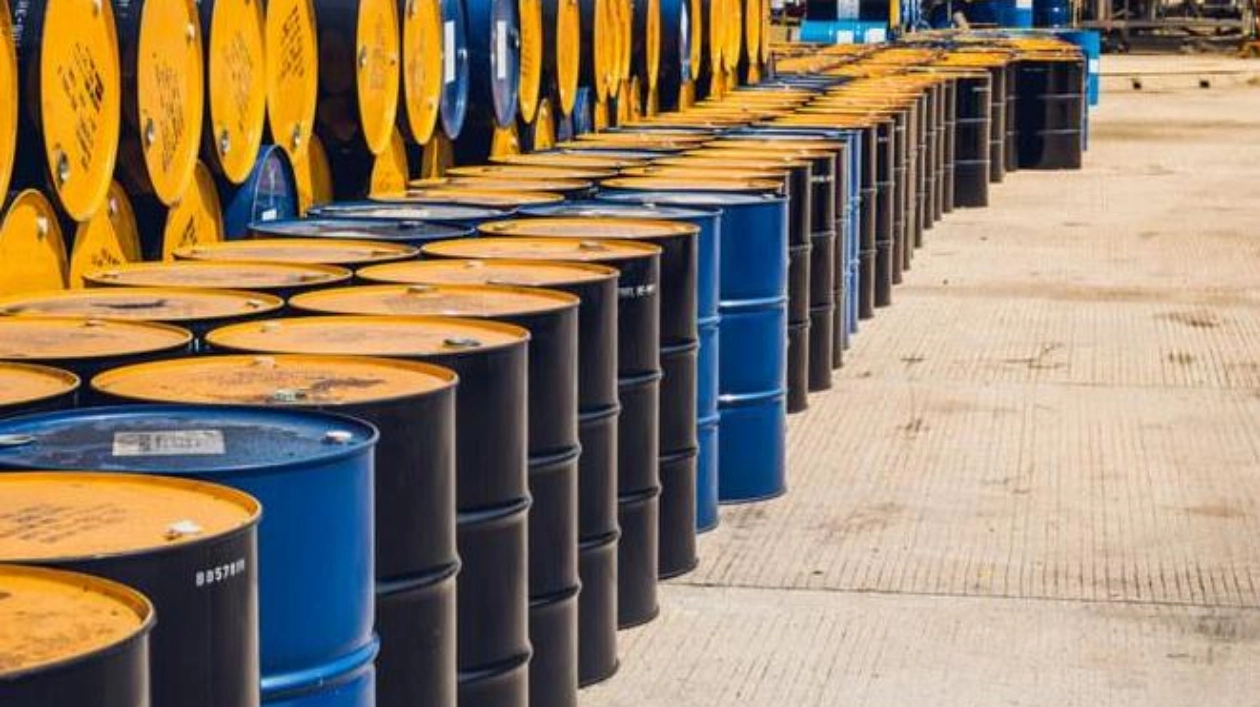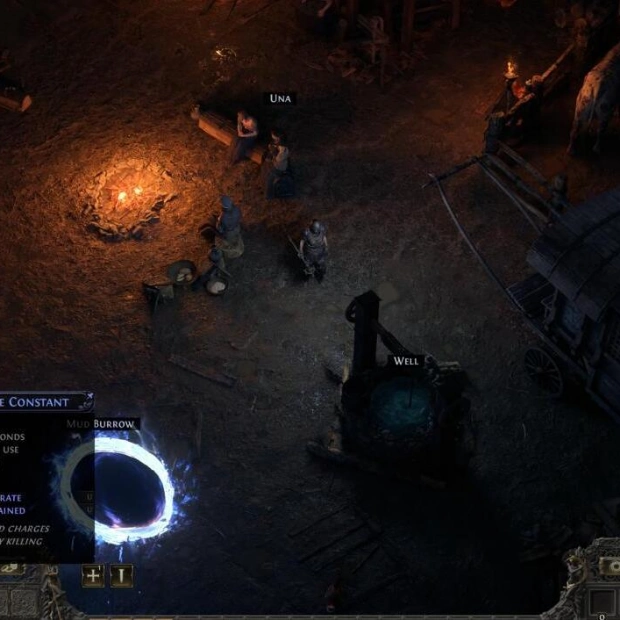SINGAPORE: Oil prices continued to rise on Friday, increasing by more than $1 per barrel to offset weekly losses, as tensions in the Middle East escalated due to reports indicating that Iran might launch a retaliatory strike against Israel from Iraqi territory in the near future.
Brent crude futures, now reflecting the January contract, surged by $1.41, or 2%, reaching $74.22 per barrel at 7:56 a.m. Saudi time. Meanwhile, US West Texas Intermediate crude futures climbed by $1.46, or 2.1%, to $70.72 per barrel following a 0.95% gain in the previous session.
Israeli intelligence reportedly suggests that Iran is gearing up to attack Israel from Iraqi territory within the next few days, possibly even before the US presidential election on November 5, according to a report by Axios on Thursday. The report, citing two unidentified Israeli sources, indicated that the attack would likely involve a significant number of drones and ballistic missiles launched from Iraq.
Additionally, oil prices received support from expectations that OPEC+ might postpone its planned increase in oil production, which is scheduled for December, by at least a month. This decision, according to four sources close to the matter speaking to Reuters on Wednesday, is driven by concerns over weak oil demand and rising supply. A potential delay in the production increase could be announced as early as next week, according to two of the sources.
Despite these gains, oil prices are still expected to drop by more than 1% for the week, struggling to recover from a 6% loss on Monday following Israel's strike against Iran's military on October 26, which did not target oil or nuclear facilities and did not disrupt energy supplies.
"Although the crude oil market is aiming for a third consecutive day of gains, it has not been able to fully close the significant gap that opened lower on Monday," said IG market analyst Tony Sycamore in Sydney.
Sycamore added that WTI's rebound should push prices back towards last Friday's close of around $71.80, as Middle East tensions regain focus. "Beyond that, however, everything is uncertain. I believe it will hinge on the outcome of the US election and any fiscal stimulus details that emerge from the NPC standing committee meeting," he said, referring to key events in the US and China, the world's largest oil consumers, next week.
In China, manufacturing activity returned to growth in October, according to a private-sector survey released on Friday, mirroring an official survey that indicated manufacturing expanded for the first time in six months. Both surveys suggest that stimulus measures are having a positive impact.
US gasoline stockpiles unexpectedly dropped to a two-year low last week due to increased demand, according to the Energy Information Administration on Wednesday, while crude inventories also saw an unexpected decline as imports decreased. The world's largest oil producer achieved a monthly record high of 13.4 million barrels per day in August, according to the EIA.
Source link: https://www.arabnews.com






